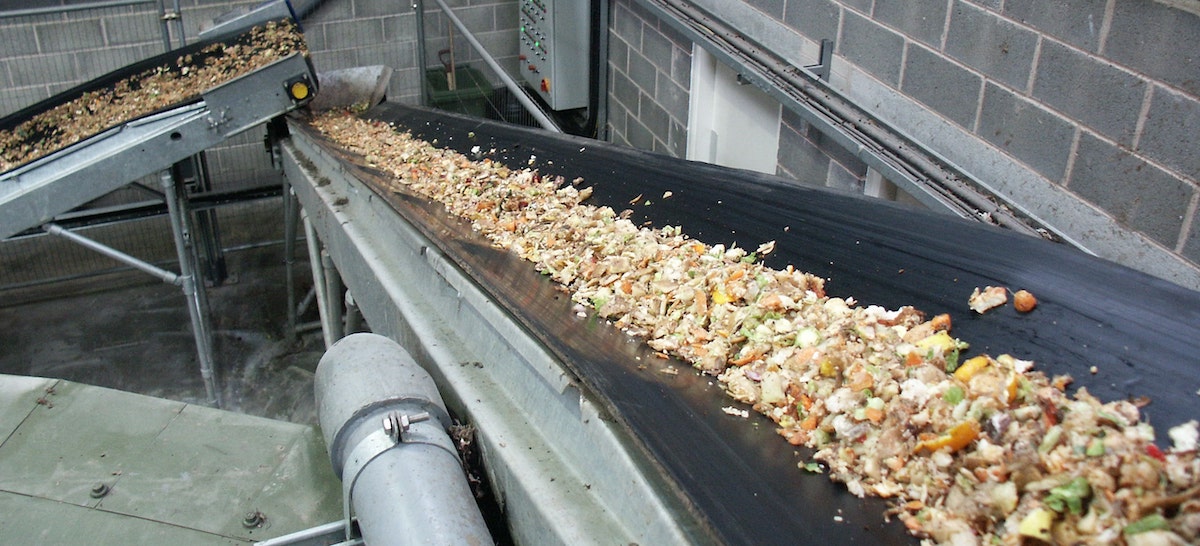Food waste recycling is a pivotal solution in addressing the global issue of excessive food disposal. This sustainable practice involves converting food scraps and leftovers into valuable resources through various methods like composting, anaerobic digestion, or utilizing food-to-energy technologies. By diverting organic waste from landfills, food waste recycling minimizes methane emissions, lessens environmental impact, and creates renewable energy sources or nutrient-rich compost for agricultural purposes.






















